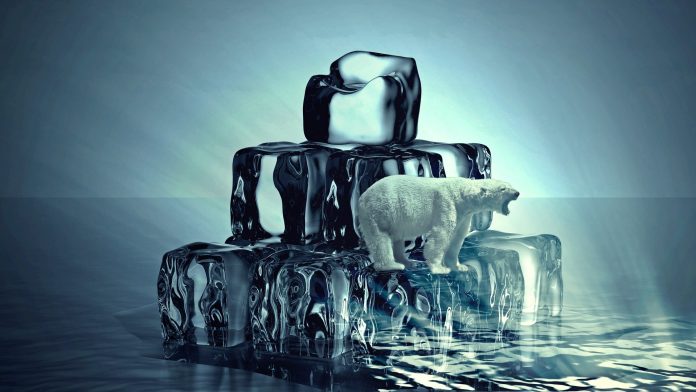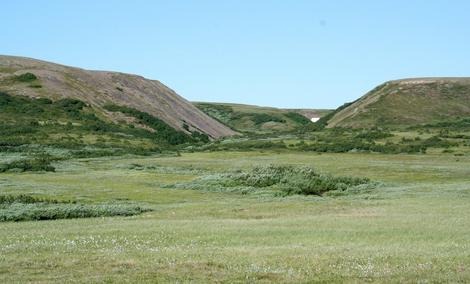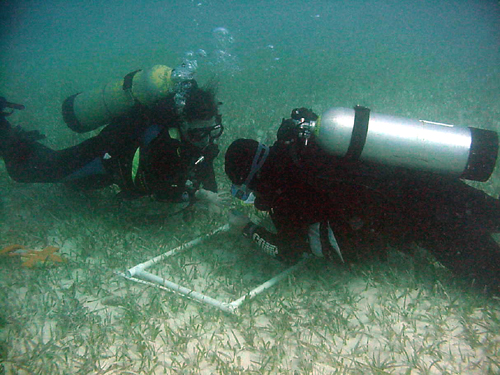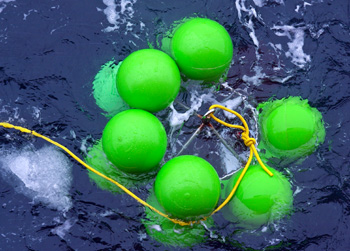
The spread of Coronavirus has stopped many field research projects, even those that referred to the effects of climate change, while to other researchers gave them the opportunity to find new research topics that could find parallels with the current climate crises and the lessons to be learned.
Coronavirus pandemic and the new carbon economy
Because of coronavirus pandemic, Adrian Rocha, an associate professor of ecosystem ecology from the biological sciences department at the Notre Dame University-Los Angeles, who was in the situation to start collecting data at a field station in North Alaska in May, it was stopped. He used to study the effects of climate change making environmental and ecological studies in order to develop tools for understanding and predicting in which way the ecosystems will react on this changes. By a decision all researches were stopped.
This global health crisis generates to him proposals for research in which he expects to see many related studies such as analysis of satellite data, which could provide insight into how shutdowns are impacting carbon emissions. For him it is obvious that at a global scale, the reducing of the economic activity will generate a great reduction in carbon emissions. Moreover, being a global phenomenon, it will generate as well as global consequences.
The world is in survival mode, the researchers are focused on saving their families, but it is precisely these moments that can give us the picture of what we need to do to reduce carbon emissions in the future and maybe only in this way we will be able to appreciate the impact of our actions on environment.
Being live witness at the preparedness paradox
“In the world of climate change, we’ve said for a long time that moving swiftly before the bad things happen is critical,” said Jason McLachlan, an associate professor and paleoecologist in the department of biological sciences at Notre Dame University in Los Angeles.
We live a real time lesson, as a paradox of preparedness, said McLachlan, quoting a phrase of epidemiologists: “It’s the idea that the more proactive work you do to avoid a crisis, the less likely the crisis is. The less likely the crisis is, the more likely people are to say, “Well we wasted our time preparing because there was no crisis.” But what you want is to spend that time preparing to avoid the crisis.”
According to him, there are three scale to judge the effects on climate change, at short, medium and long therm. The immediate example is now, on short therm carbon emissions are reduced.
At medium therm, according to McLachlan, the recession in 2008 provided 10 percent reduction in greenhouse gases caused by consumer activity, which last for few years and went back up to the actual situation.
The interesting and much more significant effects on climate change, according to McLachlan, will come at the long-term scale.
This interruption caused by Coronavirus demonstrated the global effects of this pause on climate change. “We’ve demonstrated that global action is possible with this outbreak,” McLachlan said. To remain confined to our own nationalist interests and to refuse to look at global change, as a problem of all countries, will put us in difficult situations in the face of climate change but also of future pandemics.



